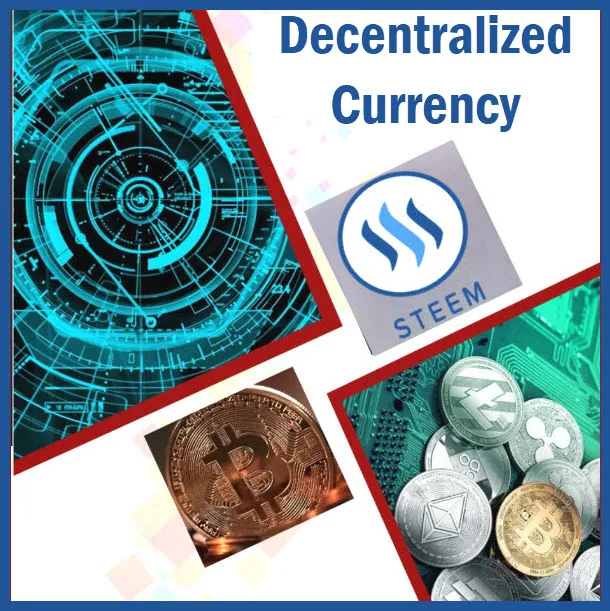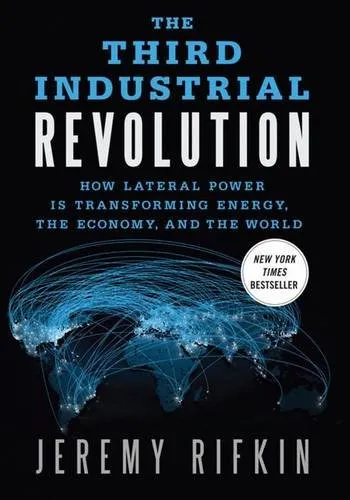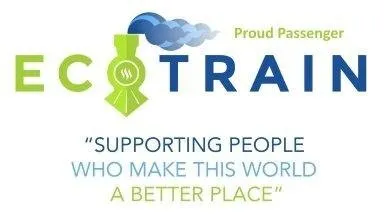@eco-alex posed (quite passionately I must say) this question for the @ecotrain tribe -
In what ways has centralization failed us
Join in the conversation here
The first thing that comes to mind for me is the widening inequality.
There is such a widening gap between the wealthy few and the majority of others where it’s at the point the combined wealth of the 62 wealthiest people is equivalent to what half of the human population on Earth would make, their wealth – that is a huge disparity!
There is something very dysfunctional about this – such imbalance!
When I look back on how money came about and the changes over the years, where it is meant to be a medium of exchange, it starting out as a commodity exchange (commodity money) which had it’s problems of bulk and perish-ability thus it was changed to metal coins which were given a designated value. This commodity money was then turned into representative money with the introduction of paper money and non-precious coinage. Representative money was backed by the bank or government’s promise to exchange it for an amount of gold or silver with most coming to rely on the gold standard. With the dropping of the gold standard this representative money became Fiat money where the value was given by government’s decree and with this laws that enforced the use of this “legal tender” above any other form of payment. Federal Reserve and other central banks were created to supposedly provide a safer, more flexible, and more stable monetary and financial system, influencing the overall availability and cost of credit in the economy. A very centralized system putting control of the monetary system in the hands of the wealthiest bankers!
Read more on the history of money here
Combine this with a consumer society (it was touted that to be a good citizen you must be a good consumer) and with credit and financing being pushed on folks allowing them to get what ever they wanted NOW and merchants there ready to set up financing so you could have what you wanted and just make small payments. This meant a lot of trouble for some folks. With credit cards and debit cards, things were becoming more and more digital with the Federal Reserve and central banks being able to create money with the stroke of a key and manipulate that whole value exchange.
Could we completely cut out the intermediation of central banks (and all banks), and have state currencies be replaced by decentralized digital currencies or at least have national currencies and digital currencies coexist taking away some of the power of that centralized authority?

Blockchain technology has a decentralized nature and it doesn't rely on a central point of control.
To decentralize digital currency we have the introduction of cryptocurrencies (the best known and most widely used is Bitcoin) which many are decentralized systems based on blockchain technology. My favorite for a gateway into cryptocurrency is developed on the STEEM blockchain with a decentralized social media aspect that let's you earn STEEM cryptocurrency for posting and curating and participate in that decentralized social media where no one can take down your stuff!
The benefits of a decentralized system is
- you don’t have to put trust in a central authority
- there is less likelihood to have a single point of failure, you don’t have to worry about bank closures, in decentralized networks, no one node going down will disrupt the entire network
- These decentralized networks can be open development platforms with less limiting of development opportunities.
- blockchain technology allows economics to be designed into the decentralized networks and not just have the all the value realized go to the controlling companies.
More at the source
I see this and other decentralized systems bringing a much brighter future for I don’t care for the government having so much control over so many aspects of my life and these decentralized systems can help cut down on the inequality.
It saddens me to see people become wage slaves, serving the banks and credit companies and having such a struggle to make ends meet.
I totally love @eco-alex’s idea to disrupt the “cost of living” industry with the formation of Eco-villages. Read about it at www.ecovillages/io
Taken from the Ecovillages site:
One thing that underlies every industry is the extremely high cost of living nearly everywhere in the world today. One of the biggest expenses for nearly every business is salaries and labour. This is because they must pay their employees enough to live in modern society including excessive mortgage payments, grocery costs, and utilities like electricity, water, heating and air conditioning.
But all of those things don't need to cost money. They are all provided by the earth, free of charge. If we can significantly reduce or eliminate the cost of living, then some of the largest expenses of nearly every person and business in the world suddenly turn into profits.
There are start-ups all over the world receiving massive amounts of funding to try to disrupt nearly every industry you can think of, but there are none that we have ever seen dealing with the cost of living that underlies everything.
This, right now, is your chance to be a part of a truly world changing opportunity. This is a bold claim, but if you read on I think you'll find that this is not only very possible, but also relatively simple to get started while having the potential for massive growth.

Or I would love to see come about, Jeremy Rifkin ideas he portrays in his book The Third Industrial Revolution; How Lateral Power is Transforming Energy, the Economy, and the World to bring about fundamental economic change, having the convergence of new communication technologies, new energy regimes and new modes of mobility.
As he explains it:
fundamentally change the way we manage power and move economic life with these three technologies
- First, new communication technologies to allow us to more efficiently manage our economic activity.
- Second, new sources of energy to allow us to more efficiently power our economic activity.
- Third, new modes of mobility —transportation logistics— to allow us to more efficiently move the economic activity.
So when communication revolutions join with new energy regimes, and new modes of transportation it does change the way we manage power and move economic life. It changes temporal spatial orientation. It changes our habitats. It allows us to integrate in larger units. It actually even changes consciousness and governance.
These would come about with a sharing economy. Something I'd love to see more of and it seems the younger generation (millennials) seems to want more of, which is a good thing for the youth are our future!
Along with that line some good points to help keep us going in the direction of a strong decentralization movement made on Wikipedia which entails avoiding the so called “dangers of decentralization”
- Social Preparedness and Mechanisms to Prevent Elite Capture
- Strong Administrative and Technical Capacity at the Higher Levels
- Strong Political Commitment at the Higher Levels
- Sustained Initiatives for Capacity-Building at the Local Level
- Strong Legal Framework for Transparency and Accountability
- Transformation of Local Government Organizations into High Performing Organizations
- Appropriate Reasons to Decentralize: Intentions Matter
- Effective Judicial System, Citizens' Oversight and Anticorruption Bodies to prevent Decentralization of Corruption
So be there, be strong and keep moving on!





Discord About



Visit my store - Porters Place at https://homesteaderscoop.com/store/porters-place/

Grateful for the curation and support of @tribesteemup
